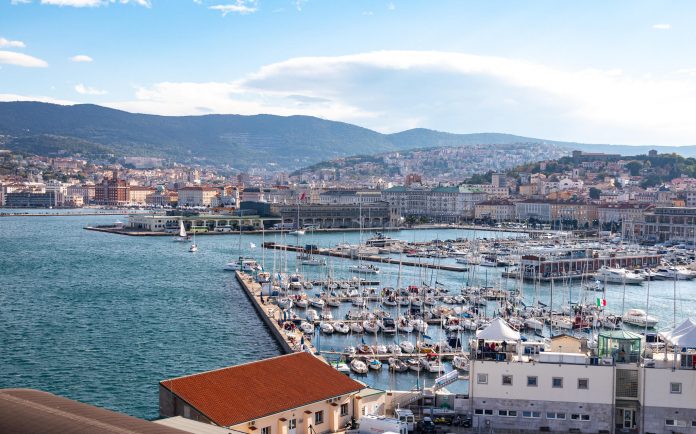by MK
Ius scholae citizenship reform, if approved by the Italian government, would mean thousands of students born in Italy to immigrant parents could be eligible for Italian citizenship.
Due to the rise of the migration crisis, the debate on citizenship and ius soli as well as ius scholae has become increasingly heated in Italy, with parts of the public opinion advocating the ius soli and ius scholae, other parts fiercely arguing against it, and intermediate positions in support of the restricted ius soli or the ius scholae.
Italy’s current citizenship law states that a child born in Italy to immigrant parents can only apply for citizenship at the age of 18 after having legally resided on the Italian territory continuously.
This makes many young second-generation immigrants outsiders, although fully integrated into the society with Italian being their first language, but lacking citizenship rights.
As Save the Children points out, “according to the data relating to the 2019/2020 school year, more than 877 thousand students with non-Italian citizenship attend Italian schools, almost 20 thousand more than the previous school year, representing 10.3% of the total enrollment in Italian schools.”
“57.4% of them, present in the education system, are concentrated in the first cycle. It is also noted that, after a slowdown, in the last four school years (from 2016/2017) the number of students with non-Italian citizenship has started to grow again, while the number of Italian students is decreasing.”
There are over one million second-generation immigrants who were born in Italy or arrived in the country at a very young age that don’t have Italian citizenship and for them ius scholae law would the long-awaited right.
Ius scholae, Latin for “the right deriving from school’s attendance”, if approved by the Italian government, would grant citizenship to those that have attended school in the country.
In particular, the law states that a child born in Italy to foreign parents that have legal residence, and has also regularly attended school for at least one academic cycle for a minimum of five years, can acquire Italian citizenship at the request of the parents. This route is also open to children not born in Italy as long as they are under the age of 12.
The current government is composed of conservative parties against the ius soli and ius scholae reforms, with many opposing them due to the migration crisis. Should this crisis cease in the future, then the main arguments against the ius soli and ius scholae would cease to exist, and consequently the adoption of this legal principle would be more probable.
The opposition parties called the current legislation a “tool of institutional racism” which blocks “positive dynamics currently taking place in society and fosters forms of racism and discrimination in daily practices.”
The majority of students with migratory origins are concentrated in the northern regions (65.3%), which includes Friuli Venezia Giulia, with Trieste having the highest number of foreign students in the region, for whom ius scholae would be a true game changer.





























